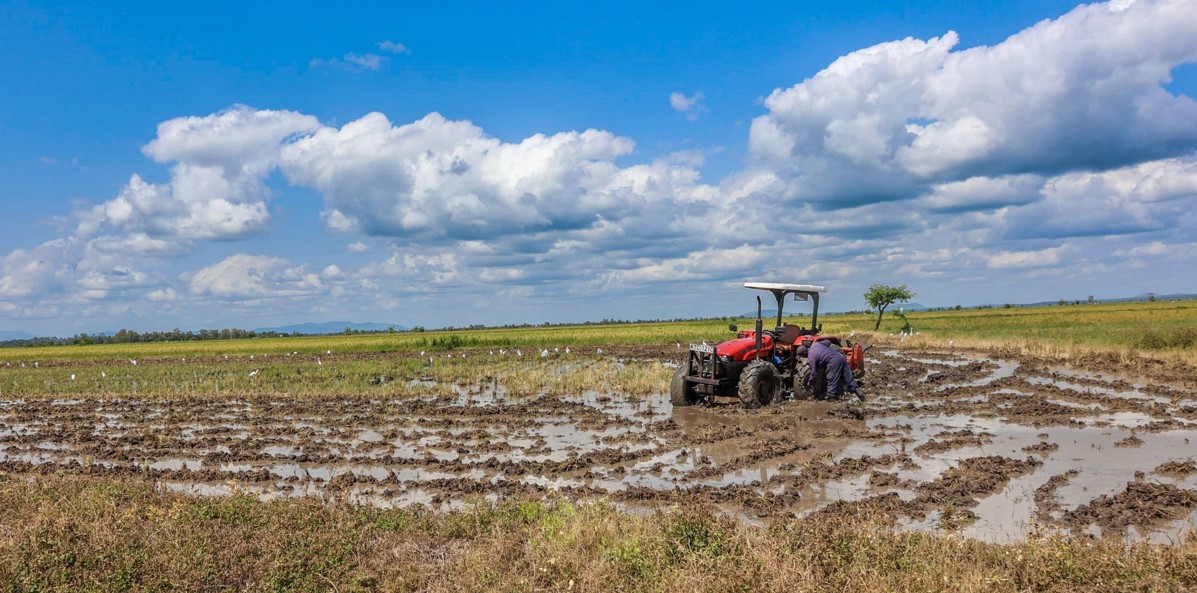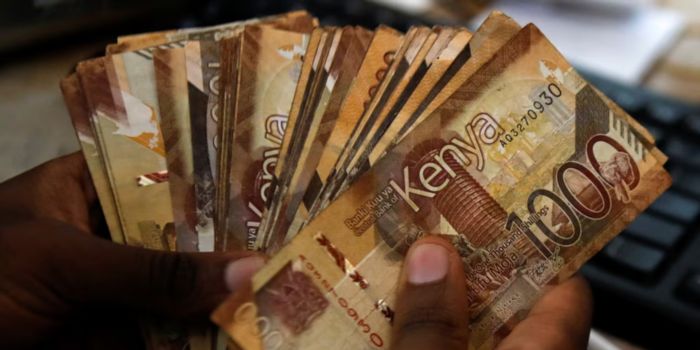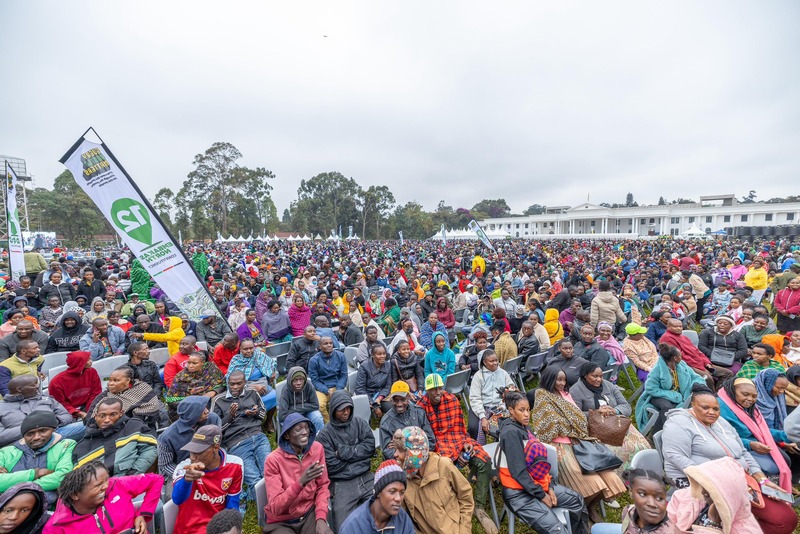New report sounds alarm on Kenya’s shrinking online freedoms

The State of Internet in Kenya: 2020–2024 study by the Bloggers Association of Kenya (BAKE), released on Thursday, says government actions and restrictive laws have steadily chipped away at citizens’ rights in the digital space.
Kenya’s hard-earned reputation as a digital innovation leader is being undermined by increasing restrictions on online freedoms, a new report has warned.
The State of Internet in Kenya: 2020–2024 study by the Bloggers Association of Kenya (BAKE), released on Thursday, says government actions and restrictive laws have steadily chipped away at citizens’ rights in the digital space.
More To Read
- Kenya’s gig economy experiencing explosive growth, but digital rights risks persist - BAKE
- Lamu court sends strong message on defamatory online posts after blogger's conviction
- Blogger Maverick Aoko's cybercrime case: Court sets July 7 for prosecution ruling
- Software developer Rose Njeri not yet off the hook as DPP set to appeal ruling
- ODM leaders, activists demand repeal of Cybercrimes Act over extrajudicial killings, disappearances
- Ruto’s government made 35 Meta data requests in 2024, targeting 55 accounts
The report points to the Computer Misuse and Cybercrimes Act (CMCA) as a key tool in silencing dissent. “Repressive laws like the Computer Misuse and Cybercrimes Act (CMCA) have been weaponised to criminalise online speech, leading to the harassment and arrest of bloggers, journalists and activists,’’ it notes.
BAKE says the period under review has seen disturbing cases of abductions and even killings of bloggers who criticised political leaders.
It highlights the state’s use of internet shutdowns and slowdowns during politically sensitive moments, including the #RejectFinanceBill2024 protests.
“The government’s use of internet shutdowns and throttling during periods of public dissent, such as the #RejectFinanceBill2024 protests, is a particularly alarming trend that marks a departure from Kenya’s history of relatively open internet access,’’ the report says.
BAKE warns that these actions not only breach the right to free expression but also inflict major economic harm.
The report says Kenya’s global digital rights index position has dropped to 78, ten places lower than in 2019.
While Kenya was still ranked among Africa’s top 10 countries in the new Digital Rights Score Index of the 2024 Londa report by the Paradigm Initiative (PIN), it was also named among nations that enforced internet shutdowns in 2024, alongside Comoros, Mauritius, and Mozambique.
The Londa report, launched at the Digital Rights and Inclusion Forum (DRIF), reviewed the state of online freedoms in 27 African countries.
South Africa, Ghana, Zambia, Namibia, and Rwanda led the rankings, followed by Nigeria, Senegal, Malawi, Tunisia, and Kenya. The ranking is based on adherence to the African Commission on Human and Peoples’ Rights Declaration on Freedom of Expression and Access to Information.
BAKE notes that despite these concerns, Kenya’s digital space has undergone notable growth in the last five years.
The country has expanded internet coverage, built a strong digital economy, and nurtured a dynamic network of start-ups and online creators.
Yet, the report warns that this progress is being overshadowed by a surge in surveillance, censorship, and state interference, threatening the future of open internet access in the country.
Top Stories Today












































